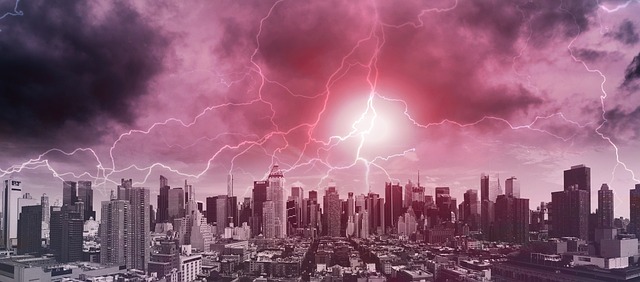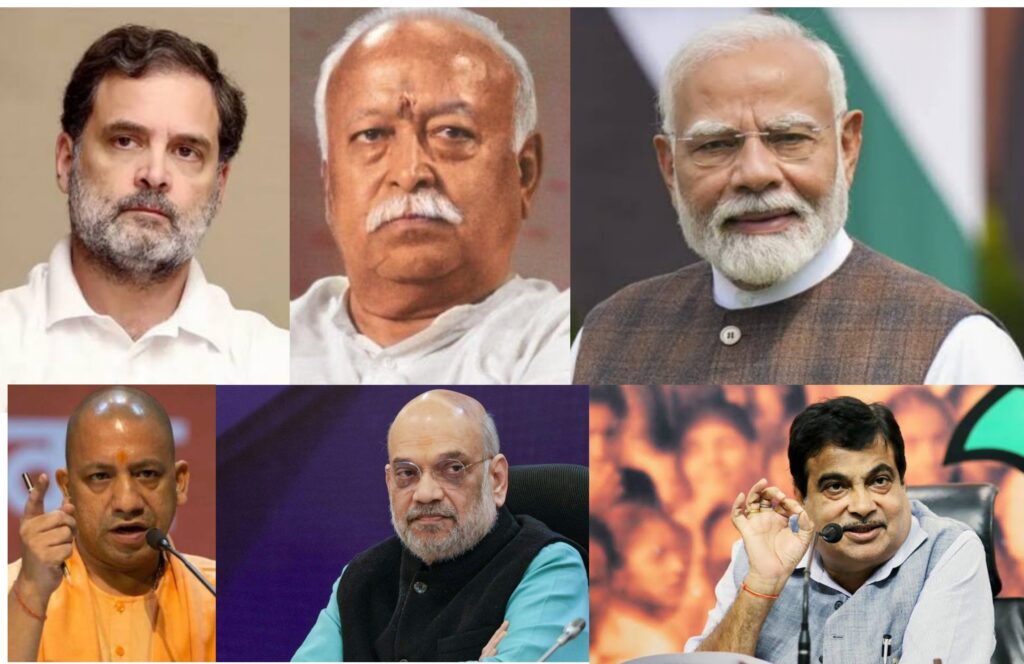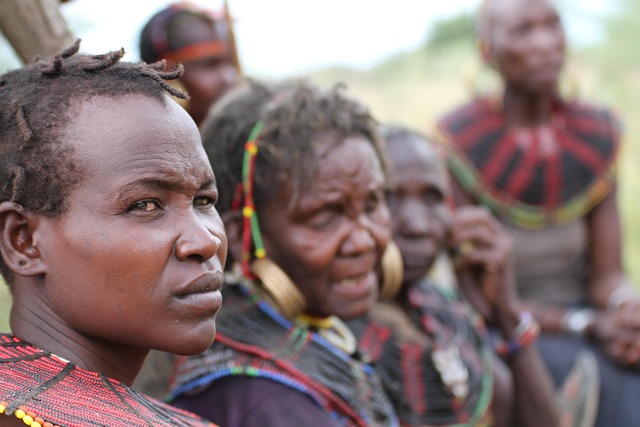The term “global warming” & “climate change” are sometimes used interchangeably, but strictly they refer to slightly different things.

Climate change encompasses global warming, referring to the broad range of changes that are happening to our planet; These include rising sea levels, shrinking mountains, glaciers, accelerating ice melt in Greenland, antarctica, arctic & shifts in flower/plant blooming times etc. These above are all the consequences of global warming which is caused mainly by people burning fossil fuels & putting out heat trapping gases into the air. The term “global warming” & “climate change” are sometimes used interchangeably, but strictly they refer to slightly different things. The global warming is the rise in the global temperature due to mainly increasing concentration of greenhouse gases in the atmosphere. Whereas climate change refers to the increasing change in measures of climate over a long period of time which includes precipitation, temperature, wind patterns, etc.
Consequences: India is already experiencing a warm climate. Unusual and unprecedented spells of hot weather are expected to occur far more frequently in the west coast & southern India are projected to shift to new high-temperature climate regimes with significant impacts on agriculture due to extreme heat & global warming taking the example of Uttarakhand, a northern state in India, forest fire events have increased in last 2 decades around 50 times influencing the forest structure and functions. It has been reported that globally, climate change influences the intensity & expansion of forest fire events.
Conclusion: The study indicated that there was a positive & significant correlation between the number of forest fires and temperature. According to the state forest department records, the forest Dale fire was among 37 that were recorded in the Nilgiris forest division in 2024, as the heatwave that affected most parts of India. According to the available data shows the figure. Ooty recorded highest ever temperature as 29’c.
Adding to the threat of global warming; due to human error is leading to rise mercury. As per the forest survey of India’s 2021 report 45% of India’s total forest cover is set to witness higher- temperatures by 2030 which seriously need to be tackled within the time left. The major changes and policies need to be adopted; we have to also make sure that all the stakeholders involved must contribute for the better earth.




